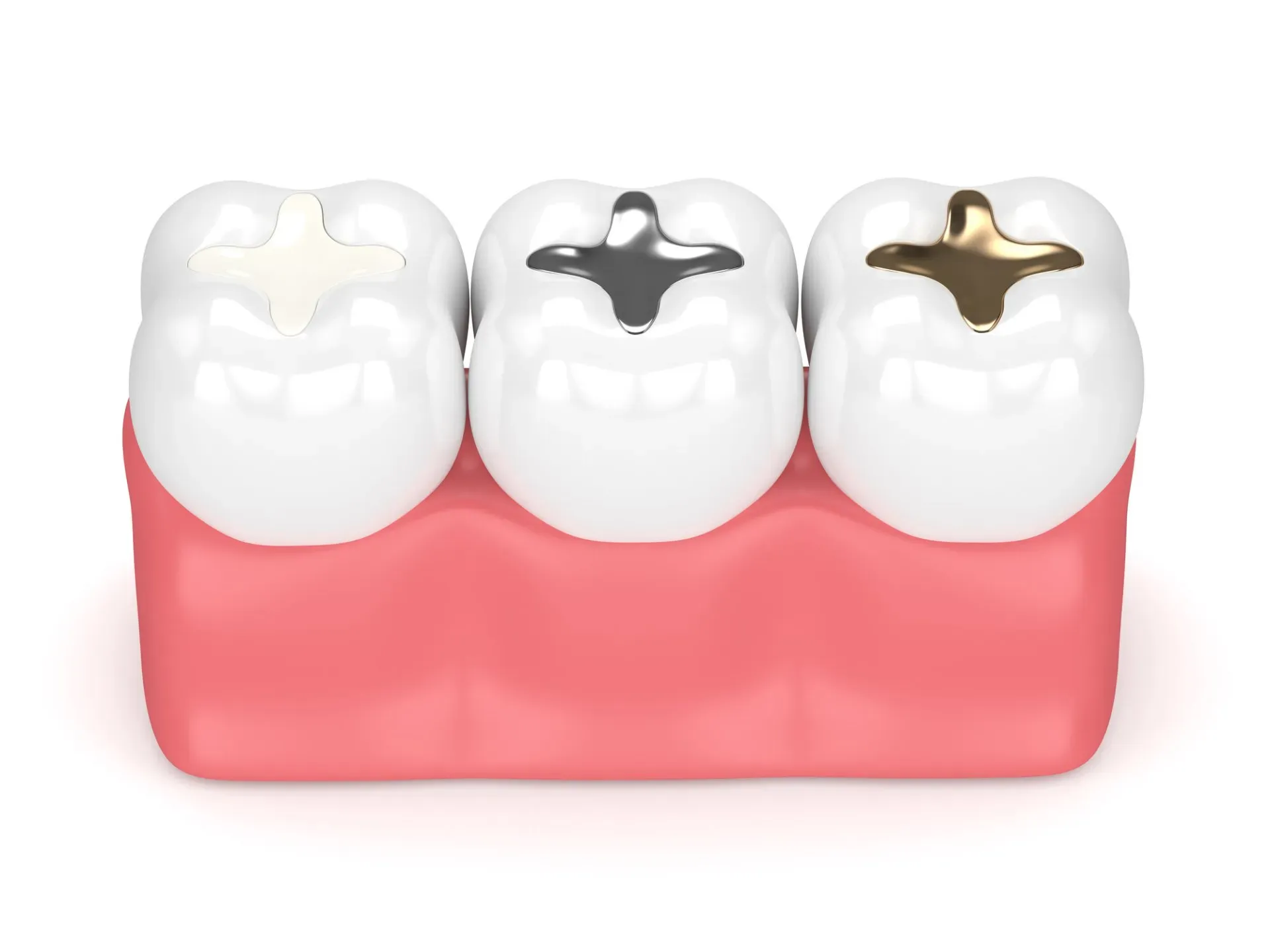Tips to Increase the Longevity of Your Veneers
Veneers are like shells that adhere to the front of your teeth. Usually, they consist of materials like resin composite or porcelain. The dentist uses them to correct how your smile looks if you have tooth discoloration or crooked, cracked, or chipped teeth. They function to make your smile more aesthetically pleasing, but they may only last 7 to 15 years or less. However, you can optimize their lifespan by taking care of them properly.
1. Brush Your Teeth Twice Per Day
You should take care of veneers as you would your teeth. Specifically, brush your teeth, including the teeth with the veneers, at least twice per day.
Use the proper technique. Angle your toothbrush at a 45-degree angle toward your gums. Make sure you clean the front and back of your teeth as well as the surface of the teeth that you use to chew.
Always use a soft-bristle toothbrush and remember to replace it every three to four months. Keep in mind that a worn-out toothbrush doesn't clean your teeth as effectively, so you should replace your toothbrush every three to four months or when the bristles begin to fray.
2. Floss Daily
In addition, you should floss in between each one of your teeth every day, including the ones that have veneers. Harmful bacteria lurk in between your teeth. These bacteria cause decay.
When you floss, you remove food particles in between your teeth to prevent that tooth decay. Even if you brush regularly, this debris may build up in between your teeth because you can't reach them with a toothbrush.
Always floss your teeth gently. If you use dental floss, you want to use enough of it - usually around 18 inches - which allows you to use fresh floss between each tooth.
3. Avoid Foods and Beverages That Stain
Veneers can stain just as your natural teeth do. Therefore, you should limit your consumption of foods and beverages that cause stains, such as coffee or dark tea. Some candies can stain your veneers, so you need to limit your consumption of these treats as well.
In addition, spaghetti sauce and curry have the potential to stain your teeth. You may still indulge, but you should limit your consumption. You may want to choose light-colored and cream sauces as much as possible since they won't stain your veneers.
4. Choose the Foods You Eat Carefully
Staining isn't your only concern when you choose the foods you eat after you get veneers. In the first few days, you should choose to eat soft foods since your bite may change slightly after veneers.
Once you adjust to the veneers, you can eat most foods without a problem. However, you should avoid hard foods, such as ice, hard biscuits, and hard nuts. You can enjoy an ice cube or a piece of hard candy only if you suck on it rather than biting down. You may also want to avoid caramel apples so the veneers don't get pulled off your teeth.
5. Change Your Habits
After you have veneers, you need to change some of your habits to protect them.
For instance, you shouldn't chew on objects that aren't food, such as straws. You also shouldn't bite your nails or open packages with your teeth. If you use your teeth to pull clothing or gloves on, you could damage your veneers, so that's another habit you need to change.
Veneers can transform your smile. Keep in mind that if you eat foods and partake in activities that damage your veneers, they won't last as long as they could otherwise. On the contrary, if you take steps to keep your veneers healthy and free from stains as well as protected from damage, your veneers can last longer.
Book an appointment with University Dental, serving Columbia, SC, and the nearby South Carolina region, to discuss if veneers are right for you. You may call us or use our online contact form.







